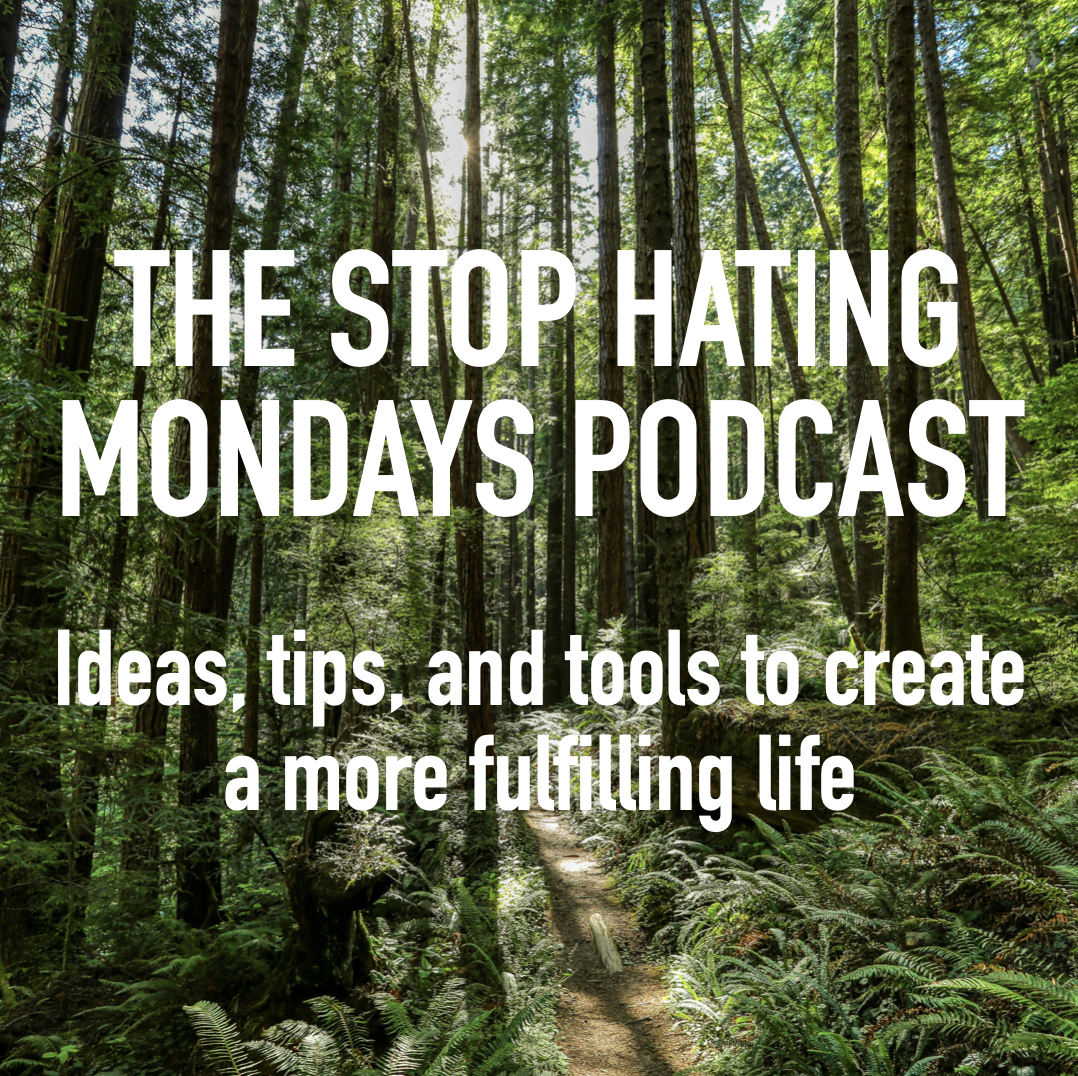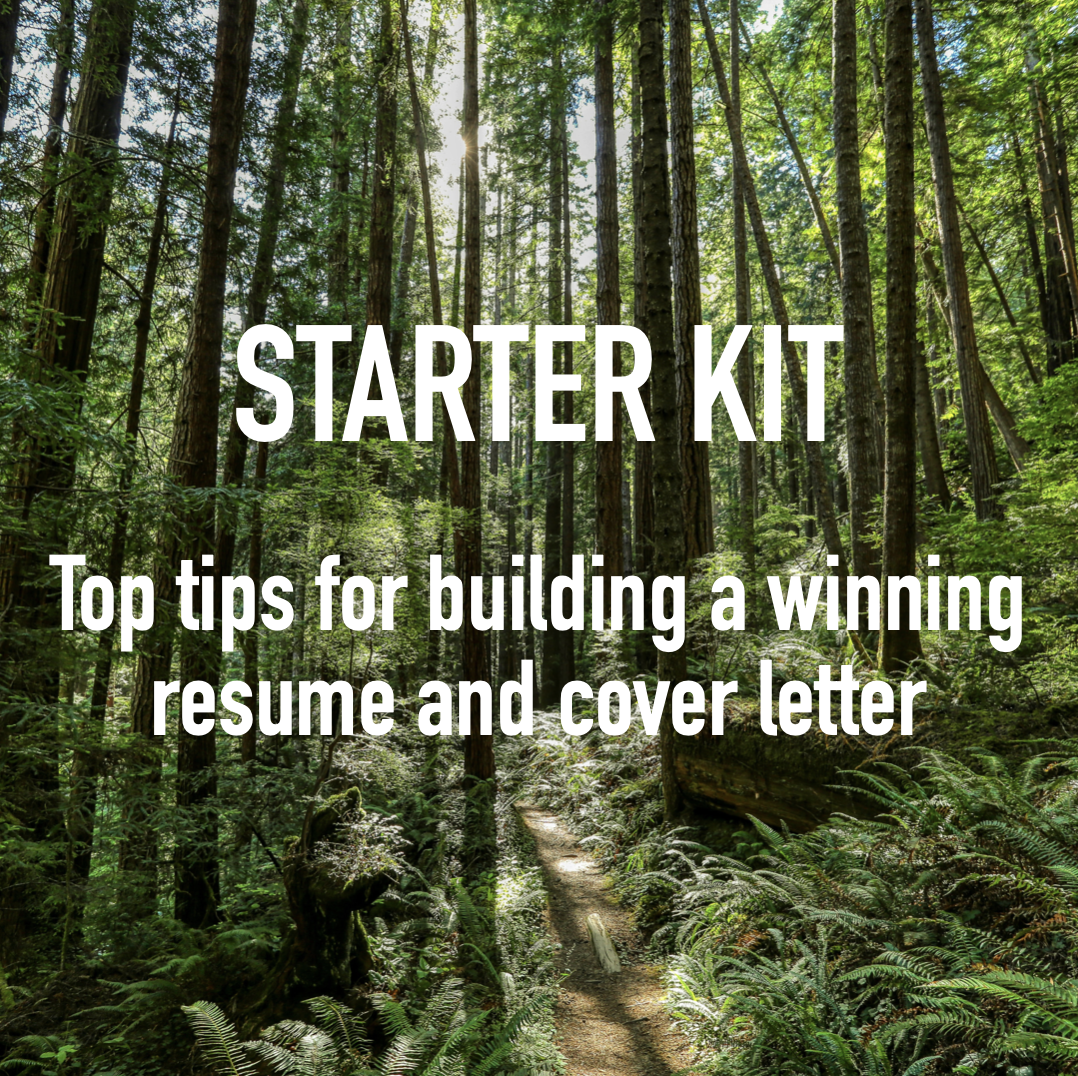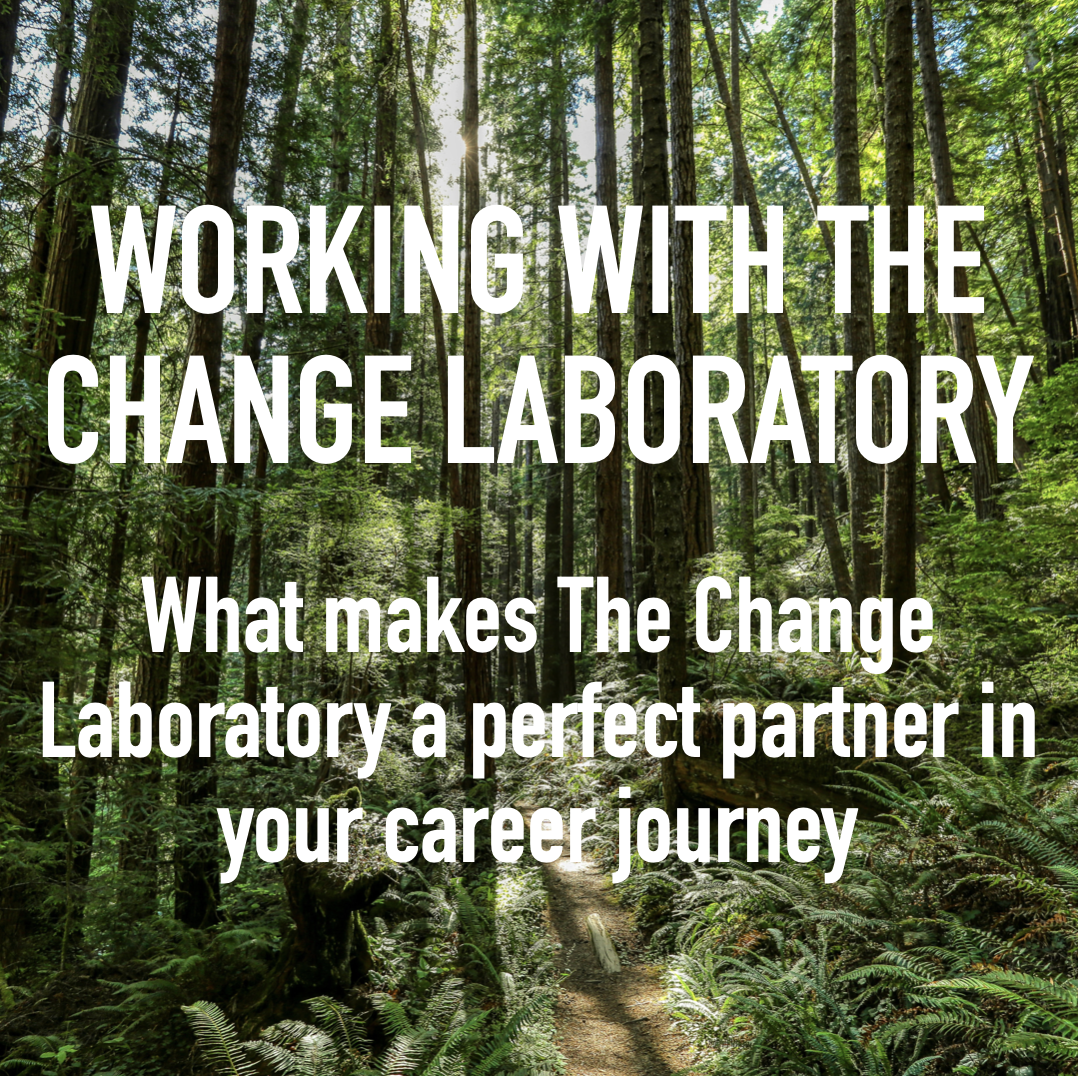How To Deal With Surprises That Come Up In Interviews
Kent R.
Almost everybody has an interview horror story. It’s an unfortunate reality of the entire job search process – bad interviews happen to everyone – but that doesn’t mean they aren’t cringy, frustrating, and upsetting.
So what can you do to minimize the potential that your next job interview will go sideways?
On this episode of the Stop Hating Mondays Podcast, we’re talking about ways to set yourself up for success and handle interviews that don’t go as planned.
TRANSCRIPT
(Transcripts are auto-generated and may contain minor errors)
Caanan
Almost everybody has an interview horror story. It's an unfortunate reality of the entire job search process.
Let's face it, bad interviews happen to everyone, but that doesn't mean they aren't cringey frustrating and upsetting. So what can you do to minimize the potential that your next job interview will go sideways?
Well, that's what we're talking about on this episode of the Stop Hatting Mondays Podcast – ways to set yourself up for success and handle interviews that don't go as planned.
Caanan
OK, Kent, I love this question that came up with the client we're currently working with. I had to ask her if we could share it here and she said yes so…
The whole exchange with her was so rich, but here's what she asked us. She said, “I just had an interview like no other. It was kind of bizarre and like nothing I expected. I was completely thrown. What's your advice for when this happens?”
Kent
Yeah, I love talking about these kinds of things 'cause I can draw from my own experience, which I'll get into in a second. But what basically happened with Janice – and we have her permission to share this – is basically she wasn't asked a single question.
Caanan
A single question.
Kent
Yeah, it was just kind of meant… Well, I don't even know. I mean, I can't speak for the company, but I've just kind of turned into a free for all and in talking to Janice further, we were trying to figure out if it was intended to be this way.
Was it a good intention? Sort of just talk. See how the team gets along with this person? Or was it a nervous interviewer or an unprepared interviewer? Or a company that was an interview process focused and just sort of handled things like this?
What it makes come up for me is that you have to be prepared for anything.
I don't know if I've mentioned this before on the podcast, but one of the jobs I had or one of the job interviews I had early in my career before starting this boutique consultancy –
The Change Laboratory – was at a big tech company and at the time I had no idea about stress interviews and any of that stuff. All I know is that for my very first interview, they had me come in and I interviewed in the cafeteria.
So I was sitting at a table with the… I think there was just one interviewer in the middle of a crazy loud cafeteria. It was the most unnerving thing and the interviewer was trying to ask very pointed, direct, sincere questions and I was completely thrown off.
I held my own. I pulled it together. But I was completely thrown off because of all this noise and distraction and even, quite frankly, why I didn't take the job and the embarrassment of doing a job interview essentially near 120 people who could, if they wanted to walk by or hear what I was saying, you know?! I thought of all those like privacy issues and I was at the time working at another company and I thought what if somebody saw me here interviewing?
Caanan
Wait, do you think that was… do you think that was a tactic or just poor form?
Kent
I want to say it was it was poor form, but as I get more mature in my career and now, I'm kind of a master at it, I think it may have been an intentional tactic.
So yeah, as we talked to Janice and we talked to everybody, people think interviews are going to go a certain way and they're all behavioral. And you know, it's the job of the interviewee to know how to behavioral interview, which is, you know, good advice and true.
But just because you know how to behavioral interview doesn't mean that's what's going to happen, so you can have, you know, I think a lot of things that throw people. They're expecting one interviewer and it's a panel of 10 people. Or they're they're told it's a panel and a presentation, and it turns out to be just one. Or they've scrapped the previous plan and now you're going to have another targeted behavioral based interview.
Caanan
Oh, in this day and age you think you're going in for an interview, and it turns out to be zoom, or vice versa. You're all prepared for a zoom interview and now they want you to come in.
Kent
I think another thing, as long as we're kind of listing problems, another thing that comes up often that people don't think about…
Again, the core advice here: be prepared for anything.
There's a good chance that your interviewer is a horrible interviewer or they don't know a lot about the company, so you know a good piece of advice we give when we're on both sides of the table is you want to get the person the interviewee engaged, not only in the job, but the company. So we like when potential candidates ask a lot of questions about the company and the mission, and working here, and all this. I can't tell you how many times we hear from interviewees who are asking pretty basic questions about the company and the culture, and the interviewer is tongue tied
So you better be prepared for that too that you are stumping the interviewer.
Caanan
Oh, and if you're asking your interviewer about the culture of the company and he or she cannot answer that question, that's a red flag.
Caanan
I want you to share the experience of our recent client who thought he quote, “got the job because the interview went so great.”
Kent
Yeah, we've probably talked about this before. 'Cause, again, we have certain tentpole things in our business that we go back to time and time again, and those include the examples we talk about because they can be so telling in a larger sense about how things work.
And this is a, you know, such a great example.
It's something we frankly hear about all the time where an interview didn't go as expected, and usually this means it wasn't behavioral.
“They hardly asked me any of those kinds of questions. But boy, oh boy did I get along with everybody so well. We talked about hiking for 20 minutes.”
All these things where people feel so great about how things went and I always get nervous if you weren't able to insert those, what we call, behavioral things.
Caanan
Right?
Kent
There's always a problem because at the end of the day, no matter how much they liked you or loved you, you have to rise to the top of the pack.
And if it didn't happen with that interviewer or the panel, by the time it gets back to HR – by the time they do a roll up and they start thinking about equal opportunity because if they're sued, they've got to be able to explain why they hired who they hire – “nice guy likes to hike” is never ever going to get you the job.
So what we tell people in situations like this if it seems friendly? If you seem… if you're like “wow this, they just really wanted to get to know me. I basically have the job and this is a fit interview.”
No! Make it your job to be inserting how you can impact the company. Those behavioral based things so that in their notetaking – even if it was just a fit interview or whatever – you're always able to leave them with a very specific idea of how you can make a positive impact on the company and the role you're applying for. You always want to make that clear.
The number of times, like with this client that you brought up Caanan – that we've heard “I'm pulling the champagne to the front of the fridge. I got the job!” we're always like, oh no.
And sometimes that's the case. It's like, “oh wow, they got offered a job by a company that does a terrible job interviewing” because the first thing you… let me just say, if the first thing you're thinking of an interview is “that was great; we got along.” Well, that's not a good thing.
It's a job interview, not a friendship club.
You want to be thinking “that went great. I really shared how I could add value. They really saw how I could add value that was great. They asked all the right questions extracting how I can make a difference.” That's a great interview.
Getting along well is the cherry on top. Getting along well, alone, is not a great interview.
Caanan
We always like to flip the tables around here and a lot of our listeners are likely themselves going to be interviewing people. So what are some quick tips for them?
Kent
Yeah, well, some of these things I'm going to say, you know, have to do with people who would be on a panel, you know? Who wouldn't necessarily have to know the position because it's a panel.
But I would say, everybody know the position, know the company, know how to speak to the position, know how to speak to the company, know about the culture, know why you think these candidates you're going to interview would want to work there.
To stick to the standard approach of your organization, but to also be flexible. You want to extract that rich behavior-based information. But you also want to treat the candidates like people.
And just remember yourself what it's like to interview and keep in mind you need to keep it rigorous. It's an interview, but you want to keep it as enjoyable as possible.



